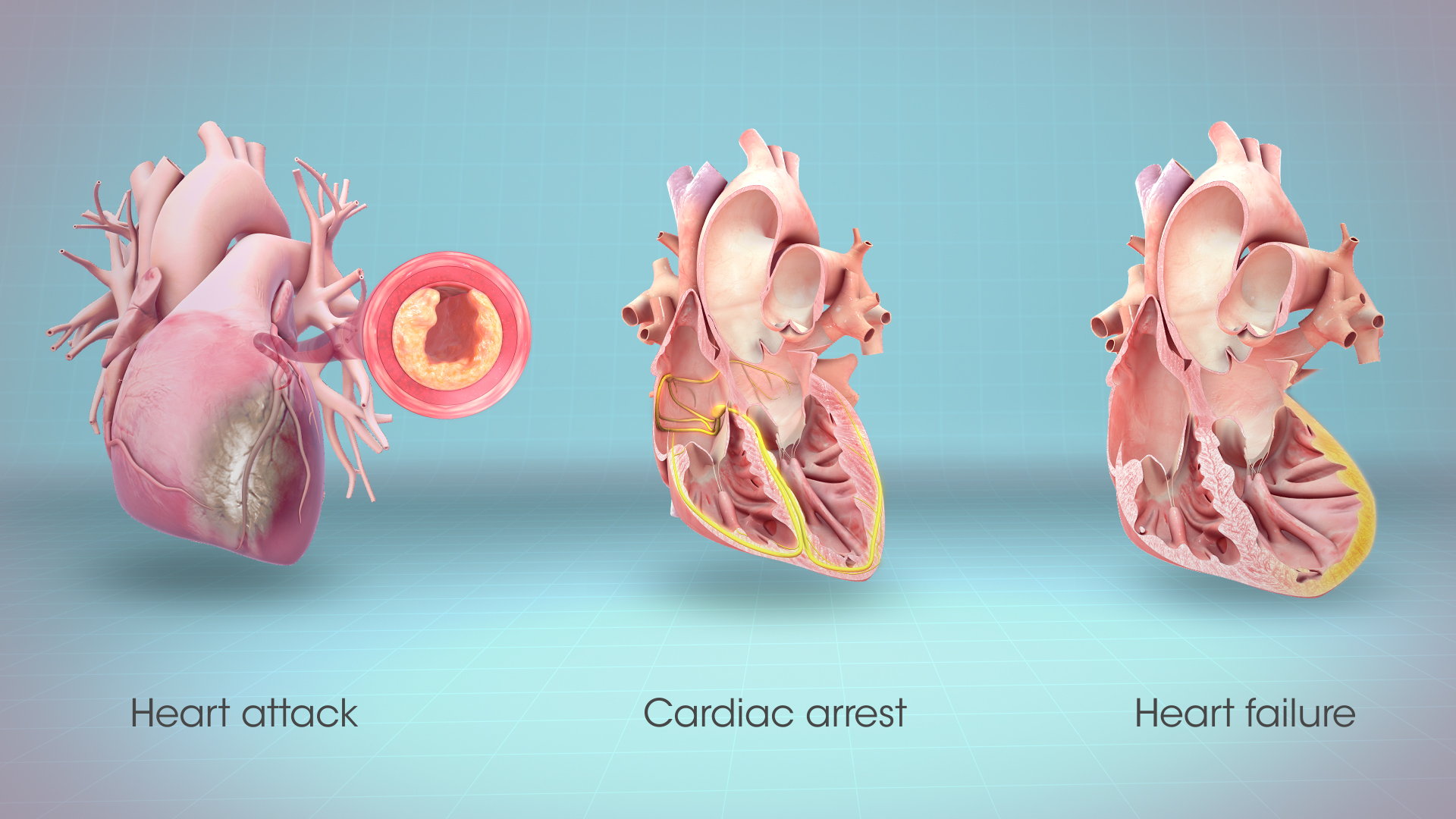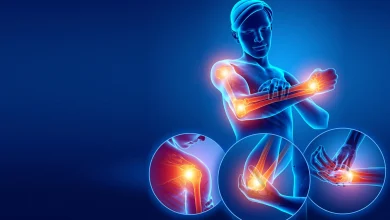Table of Contents
Varicose veins Upper East Side are a common ailment that affects many people. But for those with heart disease, the emotional toll can be devastating. Heart disease is a serious condition that affects millions of people worldwide. It can lead to a range of physical symptoms, but it also has a profound impact on emotional well-being. Patients with heart disease often experience a range of emotions, including fear, anxiety, and depression. These emotions can be overwhelming and affect the way patients cope with their condition.
Fear and Anxiety
One of the most common emotions experienced by heart disease patients is fear. Fear of a heart attack, fear of not being able to control their condition, and fear of the unknown can all contribute to increased anxiety levels. Anxiety can cause physical symptoms such as rapid breathing, sweating, and a racing heartbeat. This can exacerbate the physical symptoms of heart disease, making it even harder to manage.
Depression
Depression is another common emotional response to heart disease. Patients may feel overwhelmed by the challenges they face and may feel as though they are losing control of their lives. Depression can lead to a range of physical symptoms, including fatigue, changes in appetite, and difficulty sleeping. It can also affect the patient’s ability to cope with their condition, making it harder to manage.
Impact on Family Members
Heart disease doesn’t just affect the patient; it also has a significant impact on their family members. Family members may experience a range of emotions, including fear, anxiety, and stress. They may worry about their loved one’s health and future and may feel overwhelmed by the responsibilities of caring for someone. with heart diseases. This can lead to strain in family relationships and can affect the mental health of family members.
Coping Strategies
It’s essential for heart disease patients and their families to develop coping strategies to manage the emotional toll of the condition. This may involve seeking professional help, such as therapy or counseling. It may also involve making lifestyle changes to improve physical and emotional well-being, such as regular exercise, a healthy diet, and stress management techniques such as meditation or deep breathing exercises.
Support groups can also be an excellent resource for heart disease patients and their families. Support groups provide a safe space where people can share their experiences, offer support and advice, and connect with others who are going through similar challenges. This can be a powerful tool in managing the emotional toll of heart disease.
Conclusion
Heart diseases is a serious condition that affects millions of people worldwide. While the physical symptoms of the condition are well documented, the emotional toll of heart disease is often overlooked. Patients with heart diseases often experience a range of emotions, including fear, anxiety, and depression. This can be overwhelming and affect the way patients cope with their condition. Additionally, the impact on family members can also be significant. It’s essential for heart diseases patients and their families to develop coping strategies to manage the emotional toll of the condition. Seeking professional help, making lifestyle changes, and joining support groups can all be helpful in managing the emotional impact of heart diseases.




